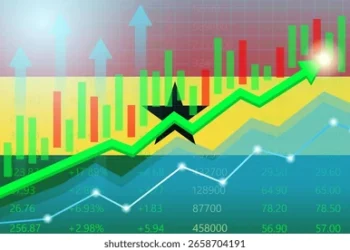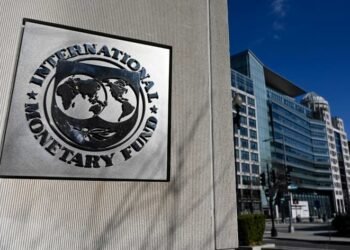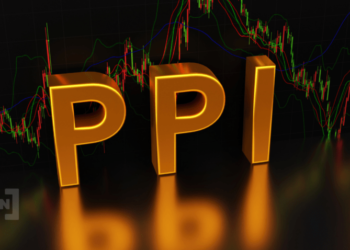The Bank of Ghana will keep its policy rate; the interest rate at which the Bank lends to commercial banks, on hold this week to check rising inflation, analyst indicates.
With the mandate of ensuring price stability, inflation is a key macroeconomic indicator that the Central Bank uses to achieve this objective. This notwithstanding, the BoG also considers the performance of indicators such as the exchange rate, inflation expectations and level of economic activity.
Having decided not to undertake the monetary policy meetings last week, from 19th – 21st May, the Central Bank rescheduled the MPC meetings for this week, 26th – 28th May. Albeit, without stating any reasons for the reschedule, per a statement released last week.
Against this backdrop, the Central Bank has stayed the policy rate for 12 months after having reduced it by 150 basis points to 14.5% as the pandemic hit the country.
Although inflation risks eased in April 2021, returning inflation rate to a single digit of 8.5 percent (near the lower band of the 6-10 percent inflation target), this remains unlikely to be sustained within the short term.
There remain risks to inflation pressures, however, tilted to the upside. This is on account of the rollout of new taxes this month, as stipulated in the 2021 budget.
Thus, the decision by the BoG to reduce the benchmark interest rate even slightly faces some uncertainties. Though it will want to reduce the rate which has an effect on the cost of credit, the analyst suggests.
Following this, inflation is likely to go beyond the target band for ensuing months due to elevated supply-side pressures, the analyst intimated. Headline inflation for the month of April trending downwards from 10.3 percent in the previous month. This reflects the decline in global commodity prices especially oil prices which fell by 1.32% on a month-on-month basis.
Inflation and Exchange rate outlook
Furthermore, the country’s exchange rate has been relatively stable, while the level of economic activity within the economy has been firming up since the beginning of the year; although not robust as compared to pre-pandemic levels.
According to the analyst, the exchange rate is likely to depreciate only minimally in 2021 due to the BoG’s forward auction of forex and a fairly favourable sentiment of the global environment.
The Economic Intelligence Unit (EIU), a London based firm, in April noted that it did not see any room for the Bank of Ghana to reduce the monetary policy rate.
It further indicated that it sees the BoG tightening its monetary policy to 16.5 percent in 2022 to 2025. Meanwhile, inflation will slightly decline to 8.4 percent on average from 8.8 percent in 2019.
“Inflation will remain elevated in 2021, declining only slightly to 8.4% in 2021 from 8.8% in 2019. Although domestic demand is still fairly weak, supply-side price pressures (including rising global commodity prices and supply-chain disruption due to the pandemic) are keeping inflation high.
“In 2022 inflation will stay elevated as global commodity prices remain high and domestic demand starts to pick up. Inflation is forecast to average 9.1% a year in 2022–25, remaining towards the upper end of the official target range. [As a result,] weaker supply-side price pressures are offset by strengthening demand and ongoing local-currency depreciation,” EIU stated.
READ ALSO: Ghana to achieve rice self-sufficiency, banning rice imports by 2022?























